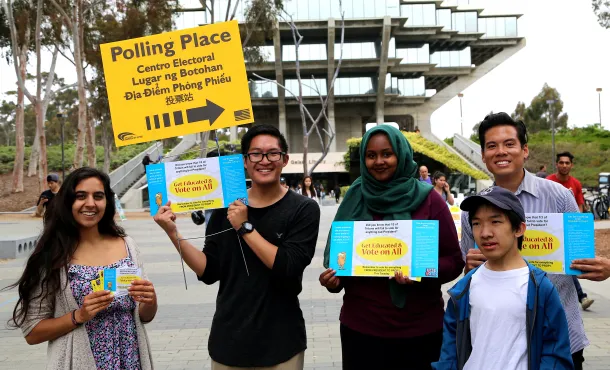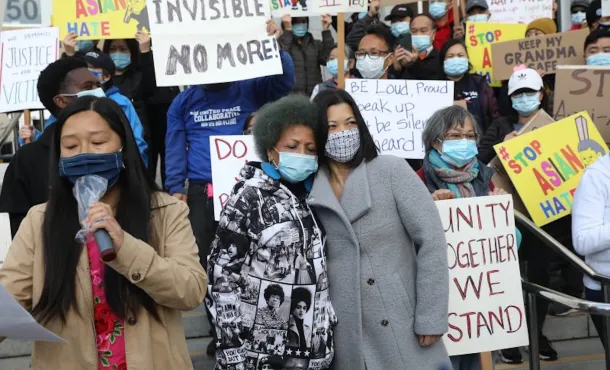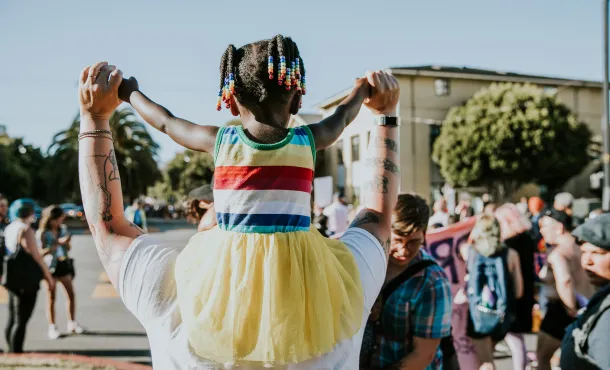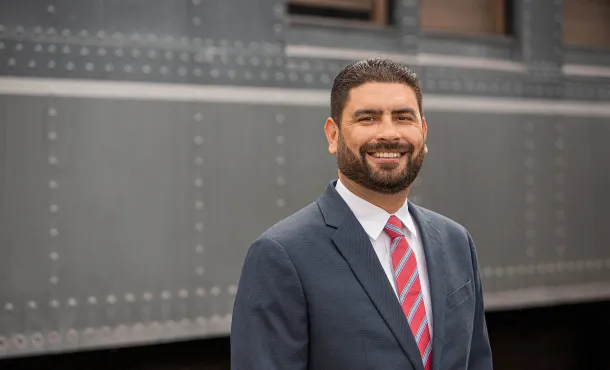Let’s Make College Affordable
Photo by Flickr user COD Newsroom
Securing Nondiscrimination Protections for LGBT People Coast-to-Coast
Photo by Jamie Thrower
A Call for Cross-Racial Solidarity
Photo by Lea Suzuki—The San Francisco Chronicle/Getty Images





